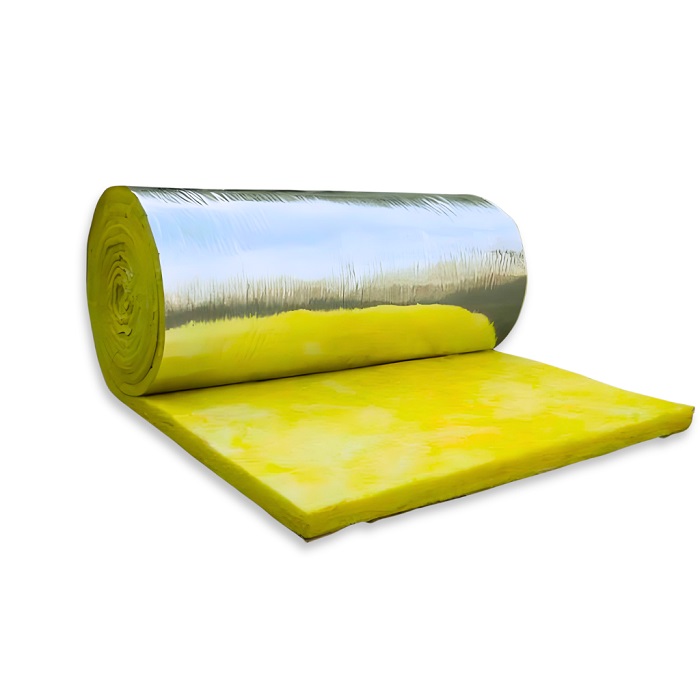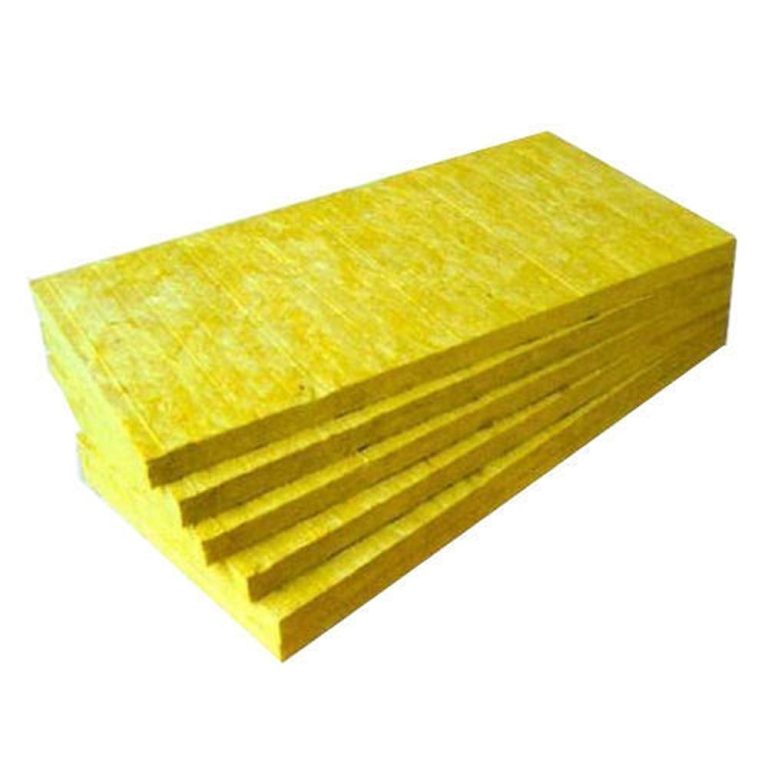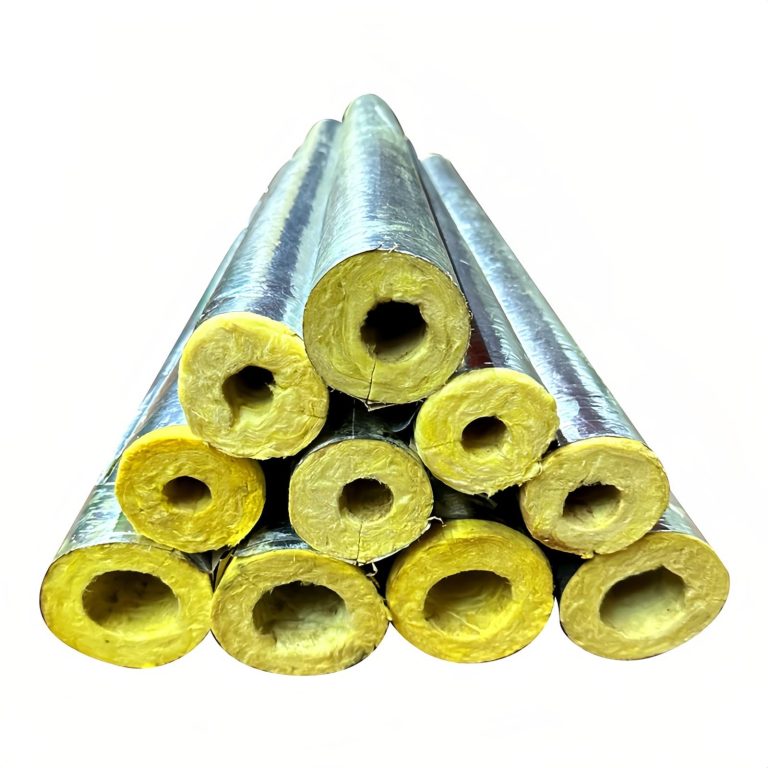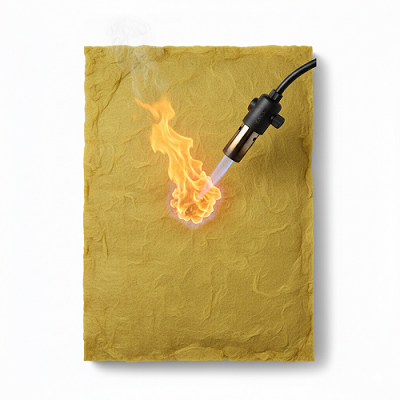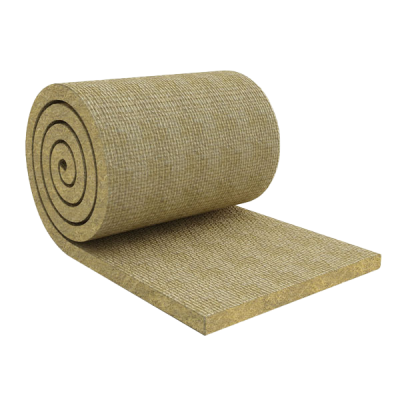Cement
Portland Cement Types (Based on ISIRI 389 – Iran):
Type I (Ordinary): General-purpose, most common, no special properties.
Type II (Modified): Provides moderate sulfate resistance, with lower heat of hydration.
Type III (High Early Strength): Gains strength quickly, suitable for repairs or cold-weather concreting.
Type IV (Low Heat): Produces minimal heat, used in massive concrete structures such as dams.
Type V (Sulfate-Resisting): High resistance to sulfate attack, ideal for saline soils and sewage environments.
All of the above types are defined under Iranian National Standard ISIRI 389 — similar to how cements are classified in other countries (e.g., M500 in Russia).
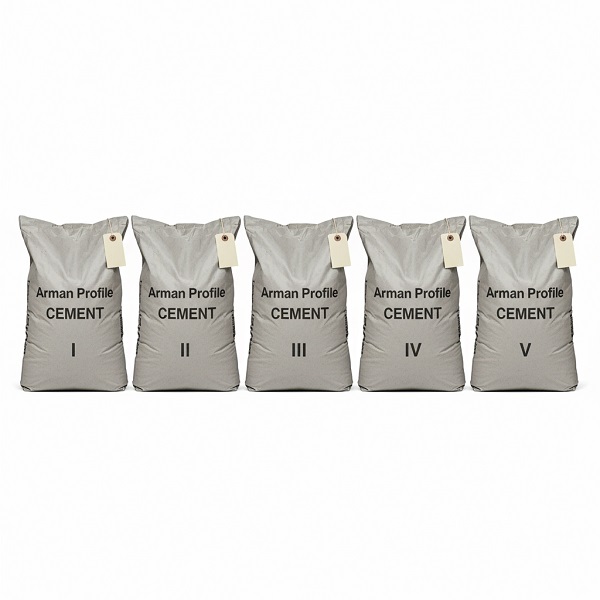
-
Rolled glass wool
It is used to insulate the body of large tanks, thick industrial pipes, and for wall and ceiling insulation in the construction industry.
-
Glass wool board
The main application of this insulation is in insulating walls, ceilings, and floors in the construction industry due to its smoothness.
-
Glasswool pipe
This product is used in the oil, gas, and petrochemical industries for insulating fluid transmission pipelines, in power plants and cement industries for protection against high temperatures, and in buildings for insulating hot and cold water pipes.
-
Fireproof glass wool
In various applications such as commercial and industrial buildings where fire resistance is required
-
Mineral wool
Mineral wool is any fibrous material formed by spinning or drawing molten mineral or rock materials such as slag and ceramics
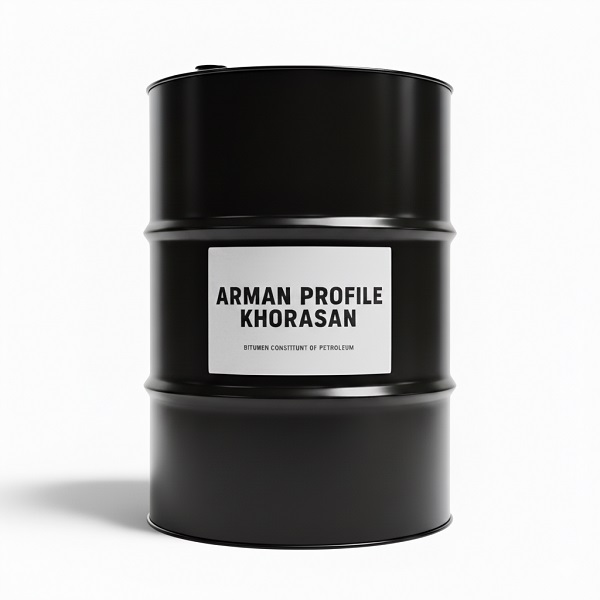
Iran is one of the top 10 countries globally in terms of reserves and variety of ornamental and building stones.
with over 6,000 quarries and 1,000 processing factories.
Major stones include travertine (Mahallat, Azarshahr), marble (Isfahan, Yazd, Kerman), granite (Mashhad, Natanz, Nehbandan), and onyx (Kerman, West Azerbaijan).

